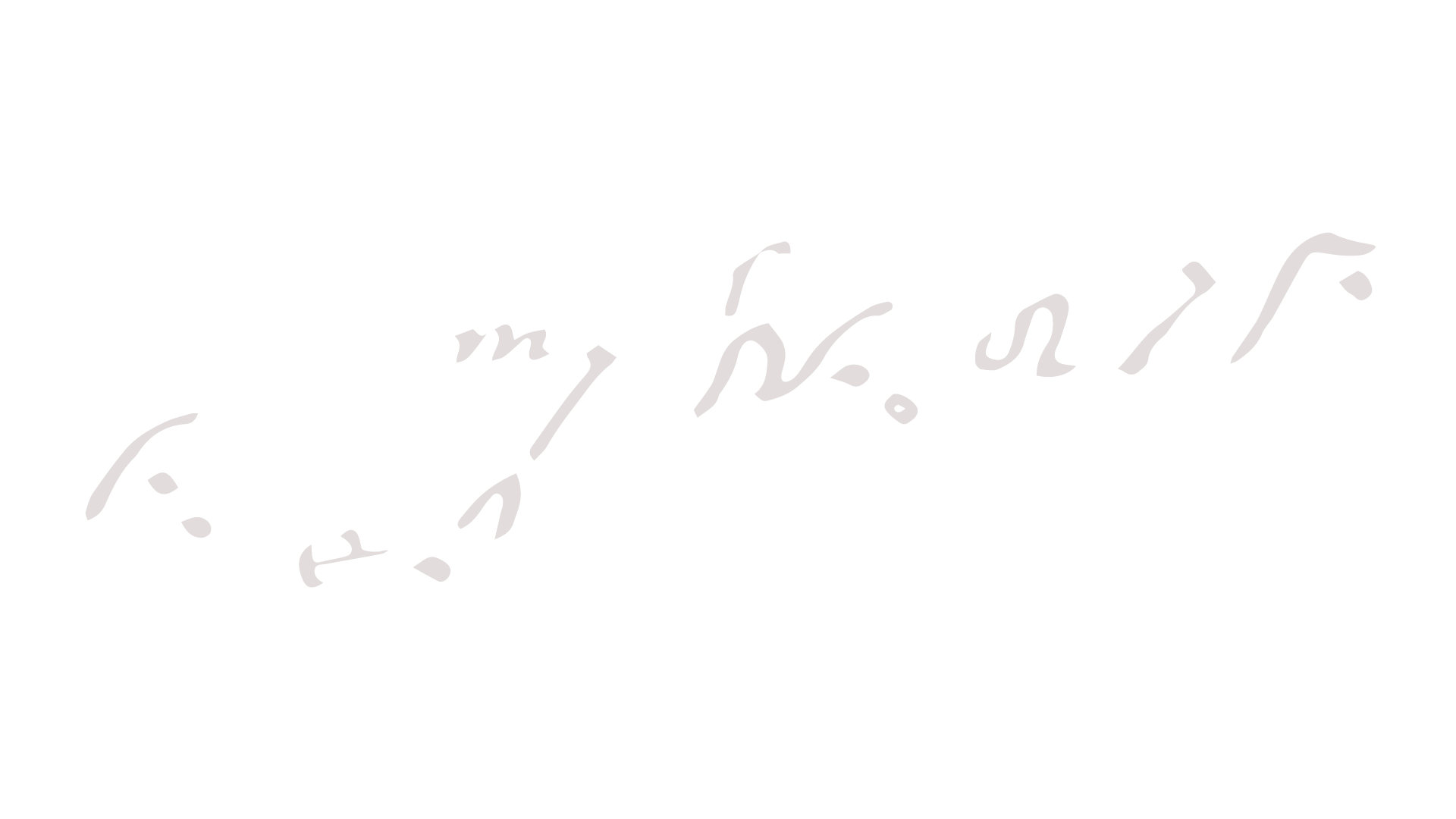
HISTORY OF THE CHOIR AND ITS FOUNDER | OBJECTIVES | THE CHOIR: MEN AND WOMEN'S VOICES | HISTORY OF GREGORIAN CHANT
In 1972, Louis-Marie VIGNE (1953-2022), an organist by training, discovered Gregorian chant at the Abbey of Solesmes. With his brother and some friends, they began to sing and pray in a small chapel in Vexin, in the northeast of France.
At the age of 20, he met the choirmaster of Solesmes Abbey, Dom Jean Claire.
The association "Le Chœur Grégorien de Paris" was officially founded in 1974. Its first members, young musicians, were trained at Solesmes.
In 1981, the association "Les Amis du chœur grégorien de Paris" was founded. It helps the choir to fulfill its ambitions in terms of distribution and training.
It also seeks to encourage the practice and coordinate research into Gregorian chant, an integral part of Europe's cultural heritage, and to contribute to its international influence.
From 1985 to 2020, Louis-Marie VIGNE taught the "Gregorian Choir Conducting" class at the Conservatoire National Supérieur de Musique et de Danse de Paris (CNSMDP). https://www.conservatoiredeparis.fr/fr/discipline/choeur-gregorien
In 1993, the Académie des Beaux-Arts awarded the choir the Prix de Chant Choral Liliane-Bettencourt. https://www.fondationbs.org/fr/culture/chant-choral/prix-liliane-bettencourt-pour-le-chant-choral
In 1994, the Chœur Grégorien de Paris - Voix de Femmes (Paris Gregorian Choir - Women's Voices), a women's choir, was founded, increasing the influence of Gregorian chant by touring and giving concerts abroad.
In 2006, the École du Chœur grégorien de Paris (Paris Gregorian Choir School) was founded to enable as many people as possible to learn about the tradition of Western sacred chant. Since then, this vocation has taken on an international dimension.
Louis-Marie VIGNE established himself as a key figure in the revival of Gregorian chant. Over the years, the activities of the Choir have diversified, but the founding vision remains the same: "Promoting the universality of this sacred chant, seeking its permanent forms, and safeguarding this invisible heritage."
Over the past 50 years, the choir and its school have travelled and welcomed over a hundred seminary and religious students from France and all over the world (Europe, China, Korea, Japan, America, Africa).
It offers a weekly Mass, and the entire Holy Week is sung in Gregorian repertoire.
